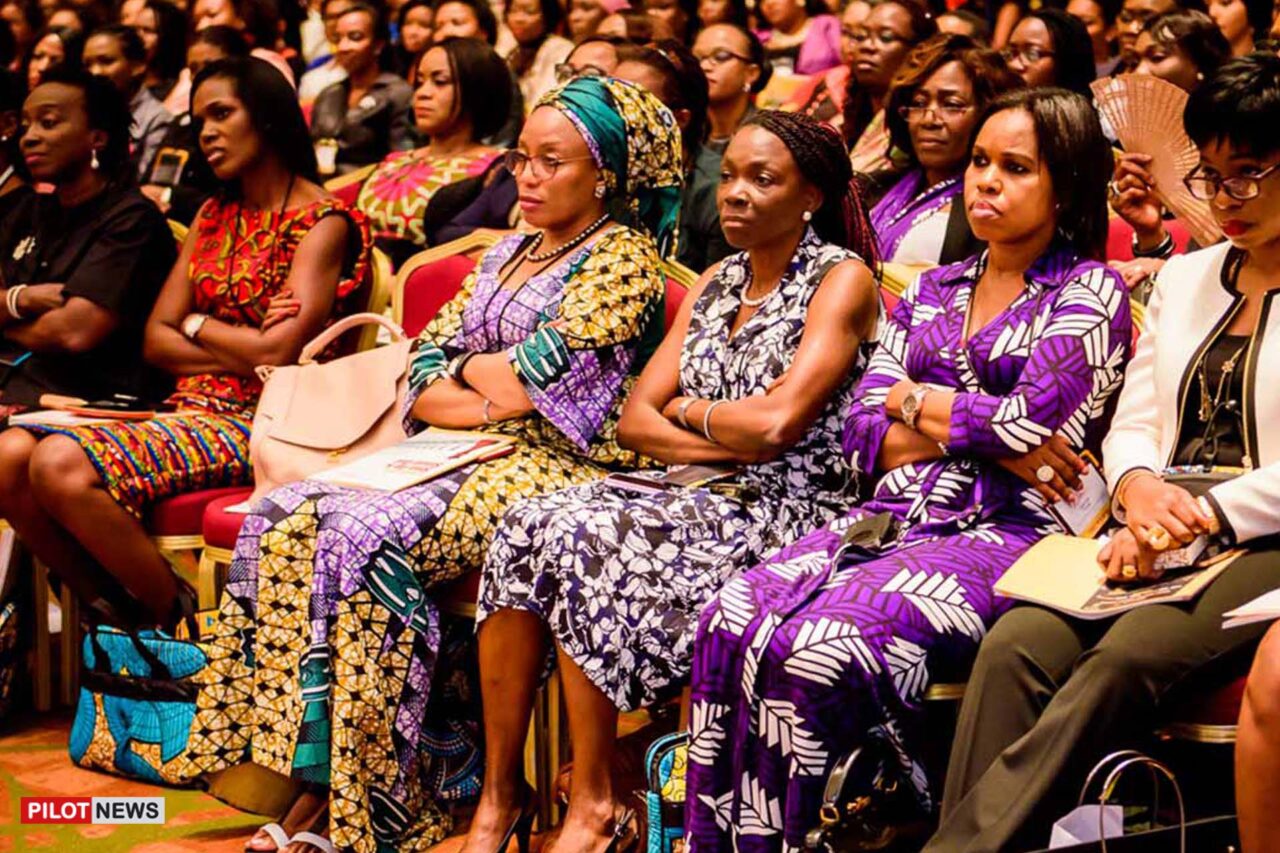As the world celebrates the 2023 International Women’s Day (IWD), it is important to take a look at women’s participation in politics in Nigeria.
First observed in 1911, the IWD is marked yearly on March 8 to draw attention to issues such as gender equality, reproductive rights and violence, and abuse against women.
Since 1999, when Nigeria returned to democratic governance following years of military rule, no woman has been elected as president, vice president or governor in any of the nation’s 36 states. Though women have been contesting for the presidency, they are either frustrated out of the race or face defeat at the polls.
This prevalent low rate of women’s involvement in politics in Nigeria has left many wondering if politics is, exclusively, a ‘men’s affair’ because the rise of women in Nigerian politics continues to struggle with patriarchal structures that seek to relegate them to the realm of only economic production and reproduction.
Barriers to women’s participation in politics in Nigeria are culturally and economically imposed. As expected of patriarchal societies that violently push women to the margin, it appears to be a consensus that women should not sniff power because men, not women, are born leaders.
Gender stereotypes are common in the Nigerian political sphere. This, in addition to other barriers such as lack of finance, religious beliefs, violence and weak internal party democracy, has held women back for several decades, and the corollary is that men have continued to dominate the political arena as presidents, lawmakers and governors.
Furthermore, female politicians are often reminded of their cultural and religious obligations which require they cede governance to men while they concentrate on the home front. Hence, women have been playing subordinate roles, and have not been independent political actors. They remain marginal in active politics.
Yesterday, President Muhammadu Buhari joined other world leaders to celebrate the IWD, hailing Nigerian women in different fields of endeavour making names for themselves. He went ahead to celebrate ‘some of Nigeria’s brightest women’ in his cabinet whom he has been proud to work and associate with.
Today, International Women’s Day, I salute the hard work and dedication of Nigerian women working tirelessly and achieving results in different fields of endeavor.#IWD2023
— Muhammadu Buhari (@MBuhari) March 8, 2023
Based on his message, one would expect the President to have a gender-balanced cabinet, but this is not the case. There are only six women in President Buhari’s cabinet, which comprises 44 ministers.
The ministers include Minister of State for Environment, Sharon Ikeazu; Minister of State for Industry, Trade and Investment, Mariam Katagum; Minister of Finance, Budget and National Planning, Zainab Ahmed.
Others are the Minister of State for Federal Capital Territory (FCT), Ramatu Tijani; Minister of Women Affairs, Pauline Tallen; and Minister of Humanitarian Affairs, Disaster Management and Social Development, Sadiya Umar Farouq.
Moreover, like the gender constitution of the previous and current National Assembly (NASS), Nigeria’s 10th parliament, which will resume by June is male-dominated.
Of the 423 legislative seats during the just-concluded February 25 presidential and National Assembly polls declared so far by the Independent National Electoral Commission (INEC), only 15 were won by women. In other words, women have a 3.5 per cent representation while men have 96.5 per cent of the 423 seats.
The elected legislators include 98 out of 109-member Senate, and 325 out of 360-member House of Representatives seats. While the INEC has said that supplementary elections would be conducted in 46 other constituencies to fill up the remaining seats, of the federal lawmakers elected so far, women got two seats in the upper chamber, and 13 seats in the lower chamber.
Furthermore, though a few women have been deputy governors in Nigeria, none has been elected as governor in the last six general elections. Currently, only four states have female deputy governors in Nigeria. They include Cecilia Ezeilo (Enugu State), Hadiza Balarabe (Kaduna State), Noimot Salako-Oyedele (Ogun State) and Ipalibo Banigo (Rivers State).
However, with the governorship and states’ House of Assemblies’ elections coming up on Saturday, March 11, Nigerians expect a recordable number of wins by women. Ten female candidates are vying for governorship across the country. For the running mate position, there are 24 female candidates.
Can Saturday’s election be a game-changer? Let us hope that the legal, administrative and traditional barriers that impede women’s success in politics won’t come into play this time around.
- Nigeria’s Defence Chief Calls for National Unity Against Terrorism - April 28, 2024
- Boko Haram Militant Surrenders to Army in Borno - April 28, 2024
- Military Commander Killed Responding to Village Attack in Katsina - April 28, 2024


